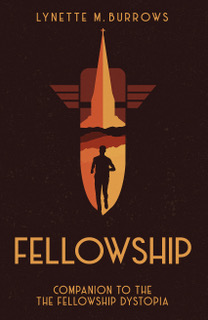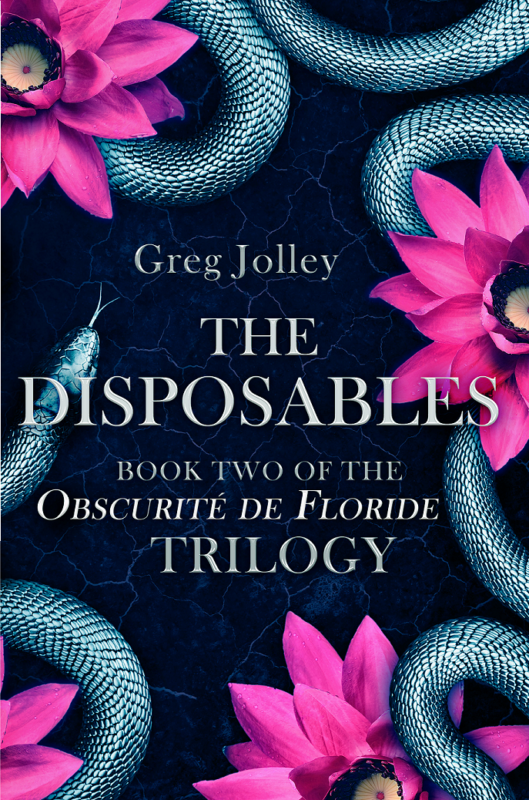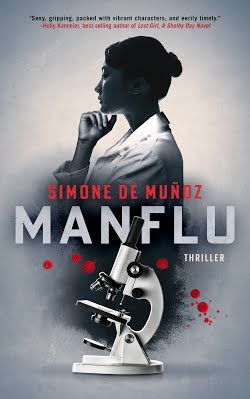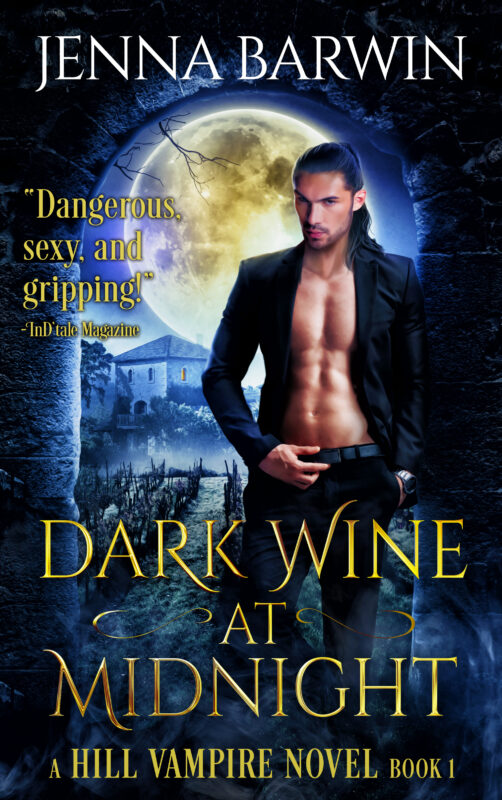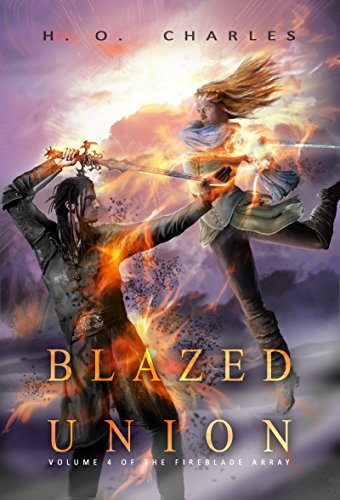“Romance in the Backseat” Video Project with Terry Kate
February 11, 2009 by A Slice of Orange in category Archives tagged as Confessions of a Podcast Goddess
I spend a lot of time in the backseat of a car, that is, my characters do in my April Spice release, Cleopatra’s Perfume. Here’s a short excerpt with the hero and heroine that takes place in a car parked in the shadow of Egypt’s Sphinx in 1939:
“My voice became raspy from the guttural sounds emitting from my throat and carrying through the open roof over the empty arid desert. The dry air was unforgiving on my vocal chords, making me cough and choke, as if to punish me for indulging in so much pleasure. I shouldn’t have opened the roof on such a hot afternoon and allowed swirling sand to invade our refuge, a 1937 Flying Twenty Standard motorcar, black and no longer as shiny as a paladin’s boots and covered with a light blanket of sand, but I did.”
You can see why I’m excited about a new video project put together by documentary filmmaker Terry Kate called “Romance in the Backseat: A Series of Author Interviews in the Backseat of a Car.” I met Terry at the RWA Conference in Atlanta a coupla years ago and I never forgot her enthusiasm and commitment to her projects. A film school graduate, she’s an avid romance reader and is dedicated to helping out both authors and readers in the romance community.
(Check out her bio page at: http://romanceinthebackseat.com/page3.html )
Terry will launch her new website http://romanceinthebackseat.com/ soon and I’m pleased to say she’s asked me to do a video interview. I’ll be reading an excerpt from Cleopatra’s Perfume and oh what fun we’ll have.
I’ll keep you updated on Terry’s project with the scoop on which OCC members she’ll also be filming in the backseat and when and where those video interviews will be available for you to enjoy.
My question to you is this: What’s your dream car where you’d like to be interviewed in the backseat? Inquiring OCC minds want to know.
Best,
Jina
Jina Bacarr is the author of The Blonde Geisha , Naughty Paris, Tokyo Rendezvous, a Spice Brief, and Spies, Lies & Naked Thighs, featuring an Indiana Jones in high heels.
“One whiff and every man was her slave.”
Perfect Gifts
February 10, 2009 by A Slice of Orange in category ArchivesBy Nancy Farrier
I’ve been thinking a lot about gifts lately. What did I do with the presents I received for Christmas? What did others do with the gifts I gave them? I asked my Bible study group about this and there were a variety of answers the ladies came up with.
The presents that weren’t right might have been exchanged, given to someone else, stored in a closet, or simply thrown away. A few were kept out of sight and only brought out when the giver came for a visit.
Perfect gifts, the ones the receiver got excited about were treated very differently. These were admired, used often, shared with others, shown off, and kept close at hand. They didn’t become boring, or get put aside—at least not for long, because the receiver was so excited about them.
Some took patience to learn to use and enjoy. For instance, one person mentioned getting a Wii Fit and trying it out. They had to work to do the various games, and many of the work outs took a lot of practice. Also, there was work involved, not just fun or the health benefits that came from using the program.
For me, the ability to write is a gift given by God. Writing isn’t easy and has taken years to learn, with still much more to grasp. I can choose to get discouraged and ignore my talent just like those presents that have been stuffed in the closet, or I can become excited over again. I can determine to not be discouraged when penning a book becomes hard work, or when criticism hurts. It’s my choice to continue on or quit.
What I do with the gifts I receive isn’t so much about the gift being just what I wanted, but about choosing to appreciate it and use it the best I can.
Gone with the Wind (and other classics)
February 8, 2009 by A Slice of Orange in category ArchivesI first (and last) read Gone with the Wind when I was a teenager, which was, ahem, quite a few years ago. Recently, I started re-reading it – and I’m just as captivated and enthralled as I was first time around. In fact, more so.
The historial context resonates with me a lot more now, as do Margaret Mitchell’s subtle and not-so-subtle social commentaries. And as for Scarlett O’Hara…was there ever a more eye-poppingly outrageous heroine?! I’m agog to see what she’s going to do next…
What a wonderful book. Mitchell wrote it around 70 years after the events occurred, so I imagine she must have known people who still remembered those days. Although it was a “historical” novel even when it was written, I admire the way she keeps so firmly within her context, without letting social views from her present day affect the story. For example, abhorrent though Scarlett’s attititude to slaves etc is to our modern view, it’s very true to a Southern belle of her time whose very existence relied on slaves every moment of her day. A modern writer creating a novel set in the same time period must surely be tempted to make her pampered heroine a sympathizer with the abolition of slavery…which would be so out of keeping with Scarlett’s background lifestyle as to be impossible.
But enough about that…to get back to the essence of GWTW, which is a powerful romance…ah, that Rhett Butler! He makes my 21st-century heart go pitter-pat just as he did when I met him in the 20th century 🙂
I’m so glad I pulled this book from my crowded shelves and re-read it. Now I’m thinking it might Jane Eyre’s turn next. Does anyone else have any classics – old or new – that they love to revisit?
Abby
THINGS THAT MAKE ME GO MMMRUH!
February 8, 2009 by A Slice of Orange in category Archives tagged as Things That Make Me Go Mmmruh…the romantic fix, that is.
It’s cold and rainy outside, the news just gets more and more horrifically unbelievable, and Valentine’s Day lurks just around the corner. So, in case any of these reasons make you want to curl up to watch a wonderful romance, here are some dusty gems, pushed to the back of the jewel case . . .
In Crossing Delancy (1988) Amy Irving tries the traditional route – she lets her bubbe set her up with a nice young man. But then she decides to pursue romantic ideas of her own. Mmmruh!
Did you ever notice that many “romantic comedies” aren’t that funny? Well, The Guru is hilarious! And sooo heartwarming and curl-your-toes romantic! The Guru (2003) – not The Love Guru – stars Jimmy Mistry, Heather Graham, Marisa Tomei, Christine Baranski and Michael McKean. A winsome super-star wannabe arrives in New York from India and accidentally gets cast in a porno and then inadvertantly becomes famous as a self-help love guru. The stuff is pure comedy, not at all dirty except for using the words “wood” and “snatch.” And the love story between the hero and his co-star is surprisingly sweet and amazingly romantic! Mmmruh!
In Vivacious Lady (1938), shy botany professor Jimmy Stewart meets, falls in love with and marries nightclub singer Ginger Rogers in the space of one day. Then he takes her home and has to present her to his conservative family…and the hijinx begin. Mmmruh!
You will laugh your butt off when you watch Man’s Favorite Sport? (1968). Paula Prentiss finds out that dreamy fishing expert Rock Hudson is a complete phony who never fished a day in his life. So, she threatens to reveal his secret unless he does exactly what she wants. Jeez Louise, I love this one! Mmmruh!
Mogambo (1953) In Africa, big game hunter Clark Gable must choose between devil-may-care Ava Gardner, a woman he does not respect, and prim and proper Grace Kelly, a woman he wants despite her having a husband. Mmmruh!
In Murphy’s Romance (1985), struggling, sassy single mom Sally Field becomes friends, and maybe more, with the wise old town druggist, James Garner. Just perfect. Mmmruh!
Wild River (1960). Montgomery Clift from the Tennessee Valley Authority must kick Lee Remick and her family off the island home they have always known to make way for the new dam and the flooding it will cause. This one is intense, passionate and really sexy. Mmmruh!
Pick your poison and get your fix. Mmmruh!
Though she makes her film debut in Daryl From OnCar, our winsome blogger adores same-sex romantic movies such as Latter Days and Imagine Me and You . Geralyn co-hosts the radio show Better Times After 50 on AdviceRadio.com and her short story “Jane Austen Meets the New York Giants†is published in the New York Times Bestselling anthology The Right Words at the Right Time, Volume 2.
Internet Blues
February 6, 2009 by Linda O. Johnston in category Pets, Romance & Lots of Suspense by Linda O. Johnston tagged as Pets, Romance and Lots of SuspenseAs you can see from my signature info below, I also blog elsewhere–weekly, on KillerHobbies. I posted something about research on the Internet yesterday and got some interesting responses.
I’m fascinated with the Internet–and also frustrated by it. I think it consumes too much of my writing time, since I constantly check e-mails, and instantly check stuff I need to research, rather than waiting till later. I also use it for letting people know about my books, and that, though fun, also uses up time.
I can remember doing research before the Internet was so integral to our daily lives. I read more books, dug more phone numbers from telephone books, and called and talked to more people. Well, heck, that was time consuming, too.
I had problems with my Internet server earlier this week and immediately went into panic mode. Fortunately, it was worked out soon… this time. I certainly sighed in relief when I once again was able to get into my e-mail.
I admit I’m not especially technologically savvy, but I’ve learned to use what I need to. And one thing that¢s now essential in my life, writing and otherwise, is… the Internet!

Linda O. Johnston is the author of 15 romance novels and several novellas, including a current Nocturne Bites, with 2 more Nocturnes upcoming. She also writes the Kendra Ballantyne, Pet-Sitter mystery series from Berkley Prime Crime.
Linda O. Johnston
http://www.lindaojohnston.com/
www.KillerHobbies.blogspot.com
Affiliate Links
A Slice of Orange is an affiliate with some of the booksellers listed on this website, including Barnes & Nobel, Books A Million, iBooks, Kobo, and Smashwords. This means A Slice of Orange may earn a small advertising fee from sales made through the links used on this website. There are reminders of these affiliate links on the pages for individual books.
Search A Slice of Orange
Find a Column
Archives
Featured Books
DARK WINE AT MIDNIGHT
To save humanity, a reluctant spy must convince a handsome vampire to trust her, despite the dark secrets each carries, and the mutual attraction they can’t resist.
More info →BLAZED UNION
Fate has other plans for those with fire and fury in their hearts.
More info →Newsletter
Contributing Authors
Search A Slice of Orange
Find a Column
Archives
Authors in the Bookstore
- A. E. Decker
- A. J. Scudiere
- A.J. Sidransky
- Abby Collette
- Alanna Lucus
- Albert Marrin
- Alice Duncan
- Alina K. Field
- Alison Green Myers
- Andi Lawrencovna
- Andrew C Raiford
- Angela Pryce
- Aviva Vaughn
- Barbara Ankrum
- Bethlehem Writers Group, LLC
- Carol L. Wright
- Celeste Barclay
- Christina Alexandra
- Christopher D. Ochs
- Claire Davon
- Claire Naden
- Courtnee Turner Hoyle
- Courtney Annicchiarico
- D. Lieber
- Daniel V. Meier Jr.
- Debra Dixon
- Debra H. Goldstein
- Debra Holland
- Dee Ann Palmer
- Denise M. Colby
- Diane Benefiel
- Diane Sismour
- Dianna Sinovic
- DT Krippene
- E.B. Dawson
- Emilie Dallaire
- Emily Brightwell
- Emily PW Murphy
- Fae Rowen
- Faith L. Justice
- Frances Amati
- Geralyn Corcillo
- Glynnis Campbell
- Greg Jolley
- H. O. Charles
- Jaclyn Roché
- Jacqueline Diamond
- Janet Lynn and Will Zeilinger
- Jaya Mehta
- Jeff Baird
- Jenna Barwin
- Jenne Kern
- Jennifer D. Bokal
- Jennifer Lyon
- Jerome W. McFadden
- Jill Piscitello
- Jina Bacarr
- Jo A. Hiestand
- Jodi Bogert
- Jolina Petersheim
- Jonathan Maberry
- Joy Allyson
- Judy Duarte
- Justin Murphy
- Justine Davis
- Kat Martin
- Kidd Wadsworth
- Kitty Bucholtz
- Kristy Tate
- Larry Deibert
- Larry Hamilton
- Laura Drake
- Laurie Stevens
- Leslie Knowles
- Li-Ying Lundquist
- Linda Carroll-Bradd
- Linda Lappin
- Linda McLaughlin
- Linda O. Johnston
- Lisa Preston
- Lolo Paige
- Loran Holt
- Lynette M. Burrows
- Lyssa Kay Adams
- Madeline Ash
- Margarita Engle
- Marguerite Quantaine
- Marianne H. Donley
- Mary Castillo
- Maureen Klovers
- Megan Haskell
- Melanie Waterbury
- Melisa Rivero
- Melissa Chambers
- Melodie Winawer
- Meriam Wilhelm
- Mikel J. Wilson
- Mindy Neff
- Monica McCabe
- Nancy Brashear
- Neetu Malik
- Nikki Prince
- Once Upon Anthologies
- Paula Gail Benson
- Penny Reid
- Peter Barbour
- Priscilla Oliveras
- R. H. Kohno
- Rachel Hailey
- Ralph Hieb
- Ramcy Diek
- Ransom Stephens
- Rebecca Forster
- Renae Wrich
- Roxy Matthews
- Ryder Hunte Clancy
- Sally Paradysz
- Sheila Colón-Bagley
- Simone de Muñoz
- Sophie Barnes
- Susan Kaye Quinn
- Susan Lynn Meyer
- Susan Squires
- T. D. Fox
- Tara C. Allred
- Tara Lain
- Tari Lynn Jewett
- Terri Osburn
- Tracy Reed
- Vera Jane Cook
- Vicki Crum
- Writing Something Romantic
Affiliate Links
A Slice of Orange is an affiliate with some of the booksellers listed on this website, including Barnes & Nobel, Books A Million, iBooks, Kobo, and Smashwords. This means A Slice of Orange may earn a small advertising fee from sales made through the links used on this website. There are reminders of these affiliate links on the pages for individual books.



